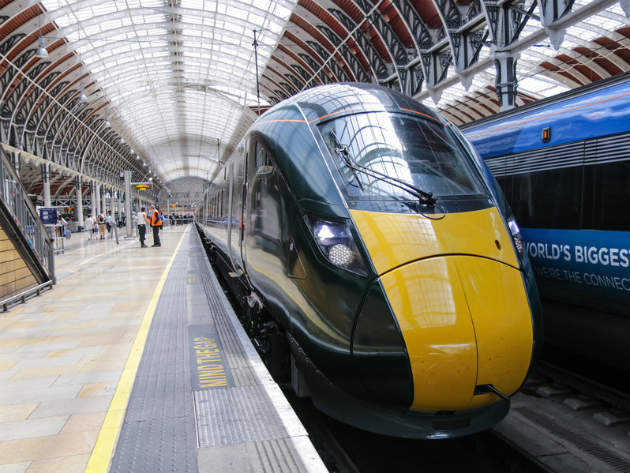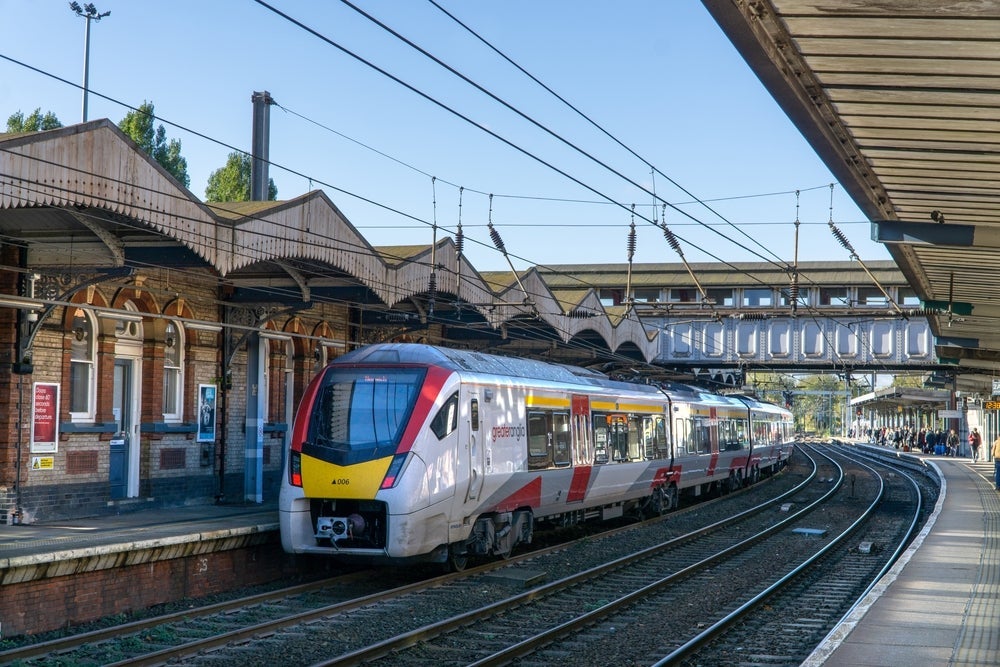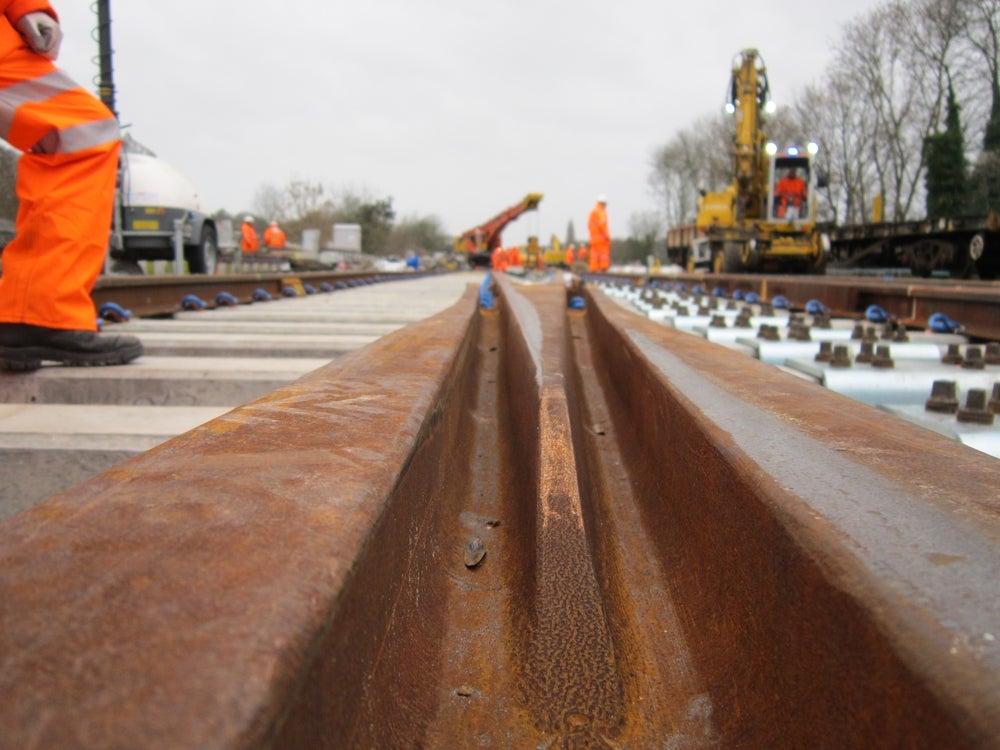
The issue of overcrowding on packed commuter trains has long plagued the industry, and to this day, it remains one of the top woes for passengers travelling on UK intercity trains.
Addressing the issue in a recent interview with The Daily Telegraph, Transport Secretary Chris Grayling said he was “absolutely committed” to do away with first class carriages on certain lines, subject to passenger demand to do so. This could become a condition for franchise awards in the coming years, he said.
His comments come amid an ongoing Which? campaign, which to date has gathered over 95,000 signatures, addressing the “delays, cancellations, constant overcrowding and hideous train conditions” faced by angry rail passengers.
Even though data sets don’t officially record passenger use statistics by carriage type, a 2013 investigation showed that only around 50% of first-class seats were occupied on intercity trains arriving at Paddington, Waterloo, Liverpool Street and Kings Cross between 8am and 9am on three consecutive weekdays.
Commenting on Grayling’s announcement, Lianna Etikind, public transport campaigner at Campaign for Better Transport, said: “Getting rid of first class carriages on commuter trains will make a huge difference to passengers, opening up more space and easing the overcrowding that blights too many journeys. Whilst the extra revenue from first class passengers may be worthwhile on long distance services, segregating passengers on metro services just doesn’t make sense.
“The Government and the rail industry must follow up this sensible move with other measures to reduce overcrowding, including, where possible, introducing more frequent services and longer trains.”
How well do you really know your competitors?
Access the most comprehensive Company Profiles on the market, powered by GlobalData. Save hours of research. Gain competitive edge.

Thank you!
Your download email will arrive shortly
Not ready to buy yet? Download a free sample
We are confident about the unique quality of our Company Profiles. However, we want you to make the most beneficial decision for your business, so we offer a free sample that you can download by submitting the below form
By GlobalDataDoes a first class equal first rate profit?
From an economic point of view, scrapping first class would seem not to have a detrimental impact on revenues, according to Office of Rail and Road (ORR) data.
In its 2015-16 report, the independent regulator found that “commuter routes in London and the South East typically have a greater proportion of their passenger fare income from regulated standard season tickets, compared with other ticket types.”
The research showed a similar situation on long-distance routes, where unregulated standard class discounted tickets made up a greater proportion of operator fare income.
Past similar initiatives could also act as an incentive for the scheme to be pursued again.
An analysis by the Rail Delivery Group of the long term passenger rolling stock strategy found that the 116% increase in passenger-miles in the 20 years between 1995 and 2015-16 was achieved partly through the conversion of “some first class accommodation” to standard class.
In 2014, a new contract for rail services on the West Coast Main Line saw 21 first-class carriages converted to standard class, which delivered 5,500 extra standard seats per day across the network.
A year later, First Great Western also invested £13 million in creating 3,000 standard class seats a day through the same scheme, as well as nearly 16% more standard class seats on services into London in the morning peak.
The ongoing troubles faced by Southeastern have also prompted the Department for Transport (DfT) to call for its services to be made entirely standard class across their routes.
Today, certain services such as London’s Thameslink, reserve their right to declassify their first class carriages “if a train is exceptionally busy”, but make plain that this is yet an “unusual” occurrence, in respect to passengers who have “paid a premium for the first class service”.






